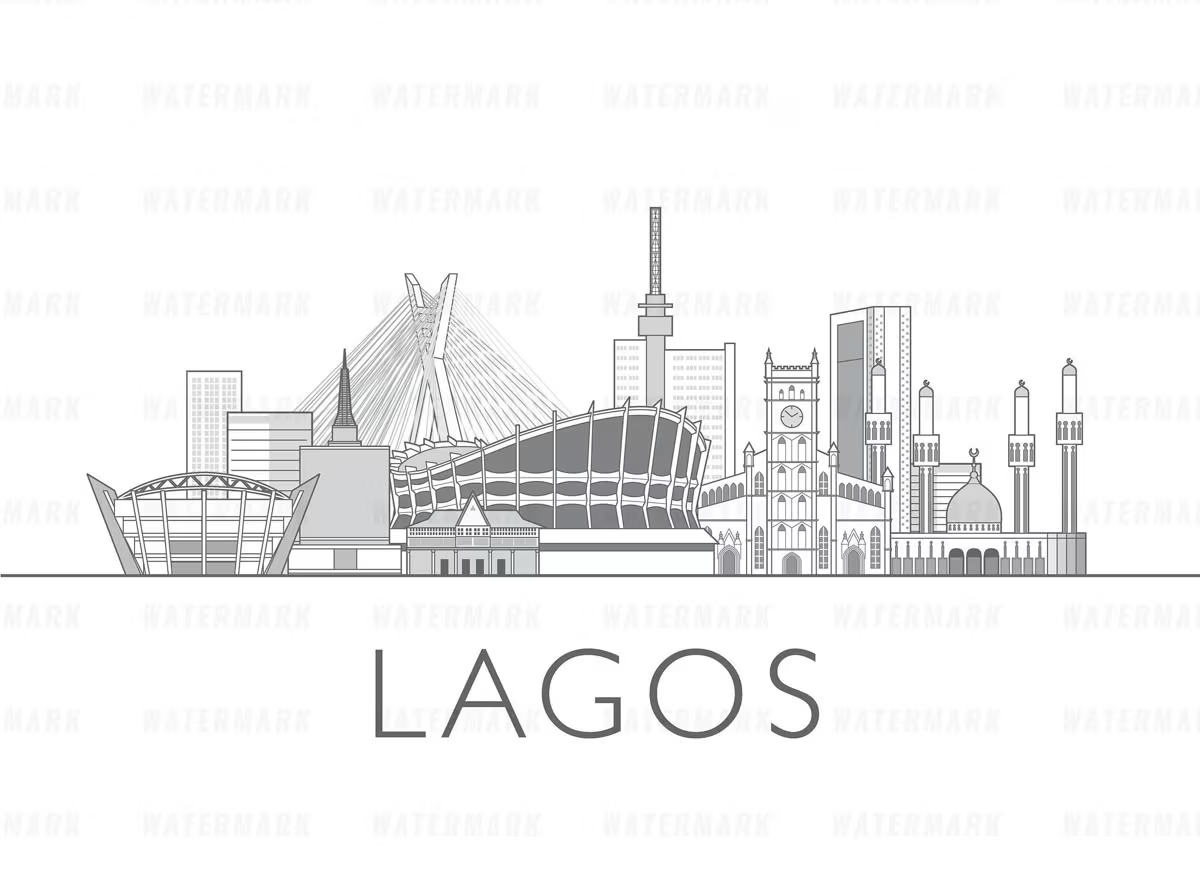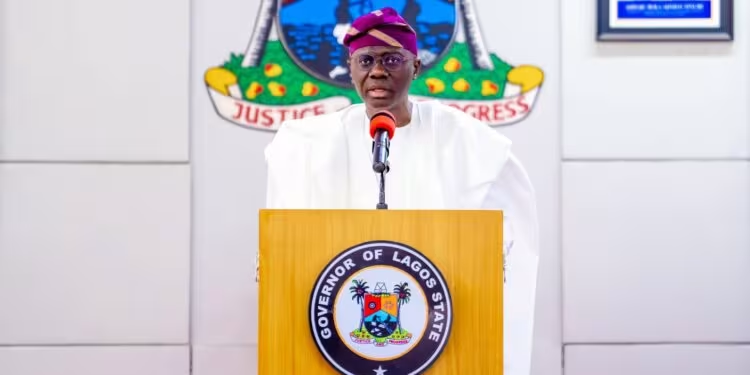Is Tech the Cure? Lagos Bets Drones and AI Can Fix Nigeria’s Safety Crisis
The Lagos State Government has dramatically escalated its fight against workplace hazards by introducing a sophisticated arsenal of drones, body cameras with thermal sensors, and real-time digital monitoring tools. Announced at the third Lagos State Occupational Safety and Health Conference (LASOSH), the initiative marks a definitive shift toward using “predictive governance” to eliminate injuries across the state’s massive industrial, construction, and manufacturing sectors.

This major technology deployment, spearheaded by the Lagos State Safety Commission (LSSC), positions Lagos as a leader in workplace safety in Sub-Saharan Africa. However, the move raises the question of whether high-tech tools alone can solve a problem often rooted in lax enforcement and an inconsistent safety culture.
The Technology of Predictive Safety
Governor Babajide Sanwo-Olu emphasized that the future of safety hinges on technology and data, not just reactive responses. The new tools are a direct investment in identifying and resolving risks before they escalate:
Aerial Surveillance: Drones are being deployed for real-time aerial monitoring and hazard detection in high-risk environments, such as large construction sites and manufacturing plants.
Real-Time Data Collection: Body cameras with thermal sensors will support compliance, enforcement, and emergency response teams by providing live thermal feedback and evidence.
Citizen Empowerment: A new safety application empowers citizens to report hazards immediately, turning every resident into a partner in compliance.
The Governor stated that these tools allow the state to “identify safety issues as they emerge, study trends and patterns, and act proactively rather than reactively.”

Institutionalizing Safety as a Career
Beyond the hardware, the Lagos government is implementing structural reforms aimed at embedding safety management deep within its public service:
Occupational Safety Cadre: Governor Sanwo-Olu inaugurated the Occupational Safety Cadre, described as the first of its kind in Sub-Saharan Africa. This initiative is designed to formalize safety management as a professional career path within the Lagos public service, ensuring expertise and structured oversight.
Structured Accountability: The state is implementing the Reporting of Injuries, Incidents and Dangerous Occurrences Regulations (RIIDOR) to strengthen accountability and mandatory reporting across all workplaces.
AI Integration: LSSC Director-General, Dr. Lanre Mojola, revealed plans to integrate Artificial Intelligence (AI) into operations for advanced predictive analysis of workplace hazards, enhancing the depth and focus of safety inspections.
Results and Commitment
The government’s approach, guided by the first-ever Lagos State Safety Policy, has already yielded results. Dr. Mojola reported that the Commission’s enforcement activities over the past three years have significantly improved compliance in the manufacturing and construction sectors.

The Commissioner for Special Duties and Intergovernmental Relations, Olugbenga Oyerinde, reaffirmed the government’s commitment, stating that effective safety management is crucial for sustaining Lagos’s rapid industrial growth. By deploying advanced digital monitoring systems and establishing zonal offices to bring safety governance closer to residents, Lagos aims to achieve its goal of injury-free workplaces and ensure every worker returns home safely.
Join Our Social Media Channels:
WhatsApp: NaijaEyes
Facebook: NaijaEyes
Twitter: NaijaEyes
Instagram: NaijaEyes
TikTok: NaijaEyes




